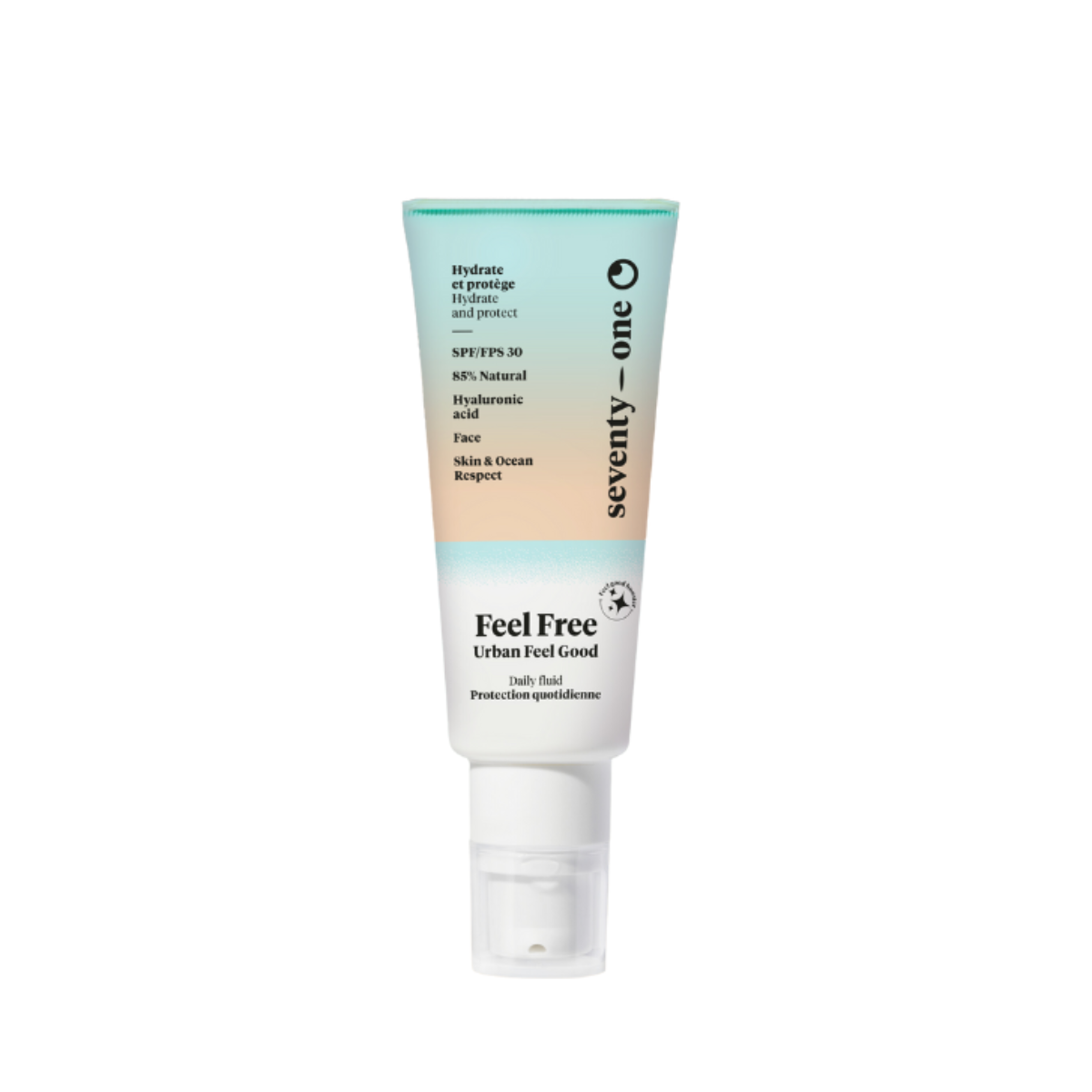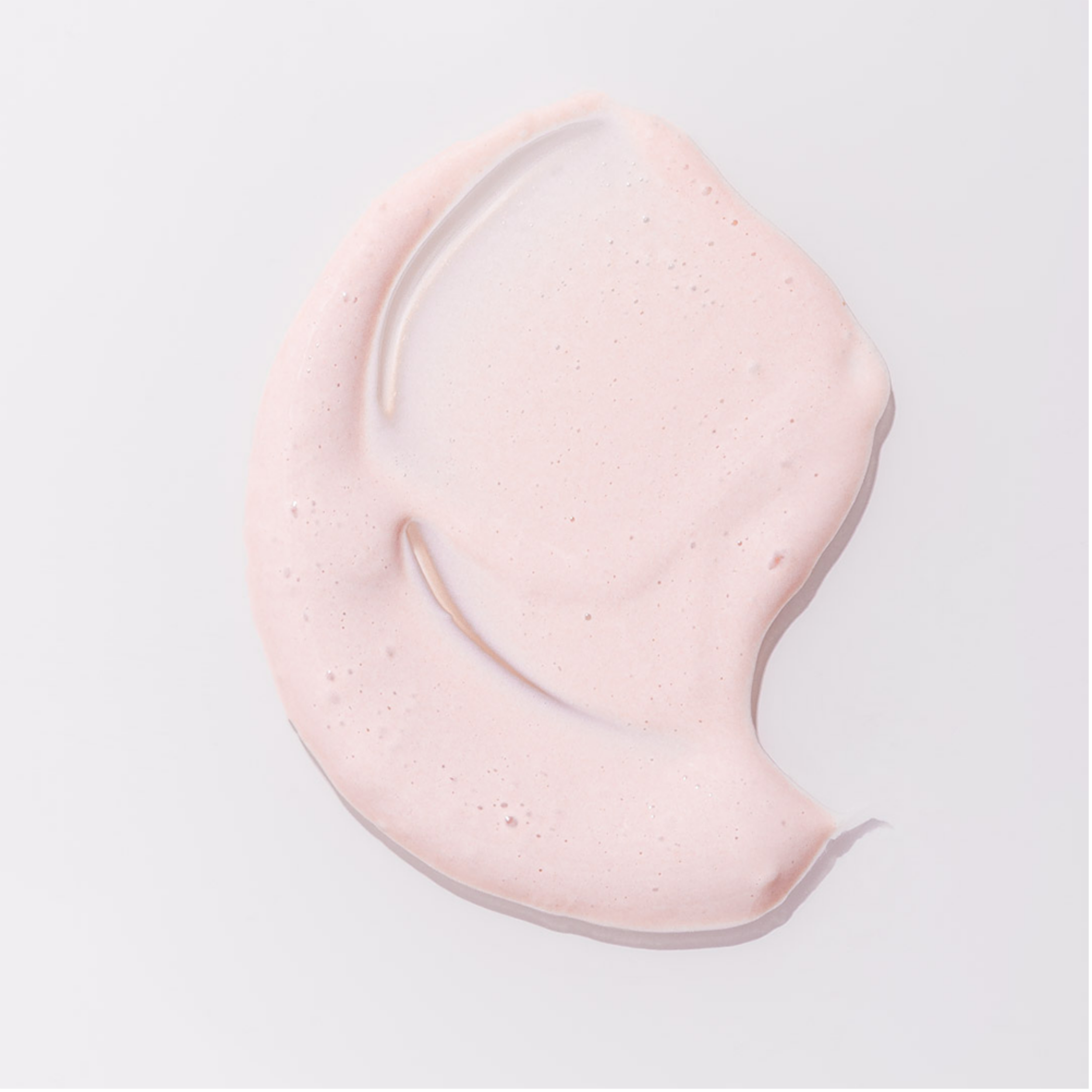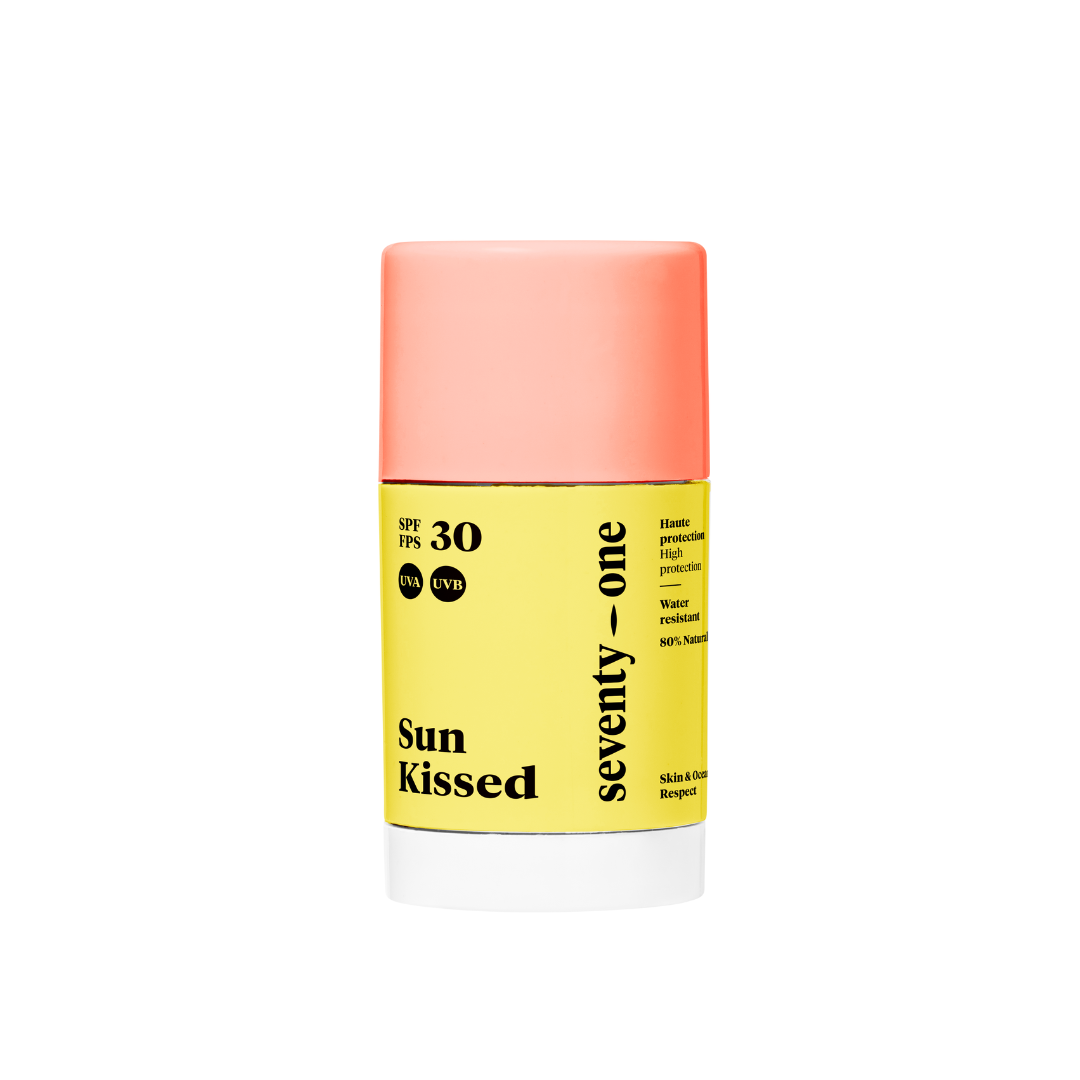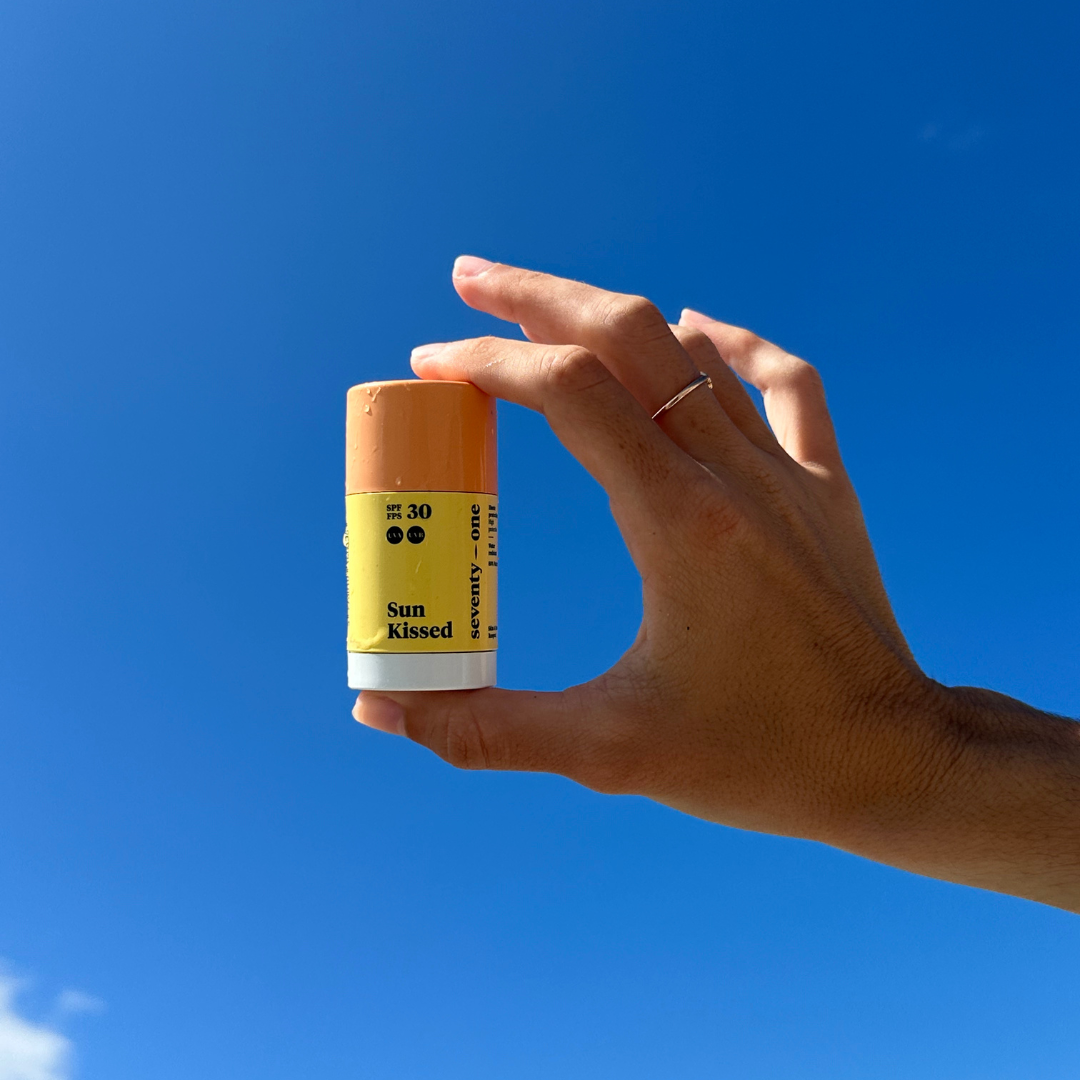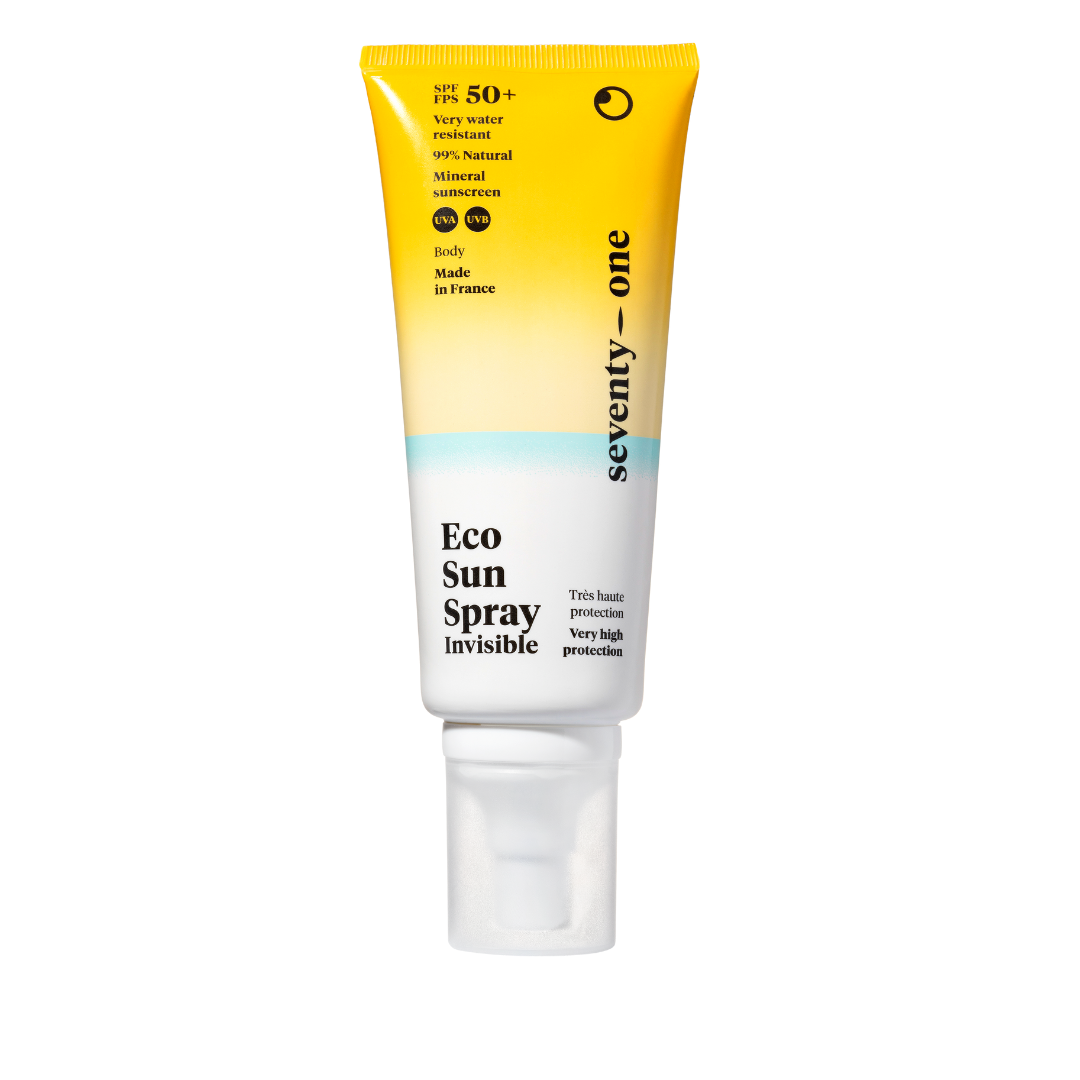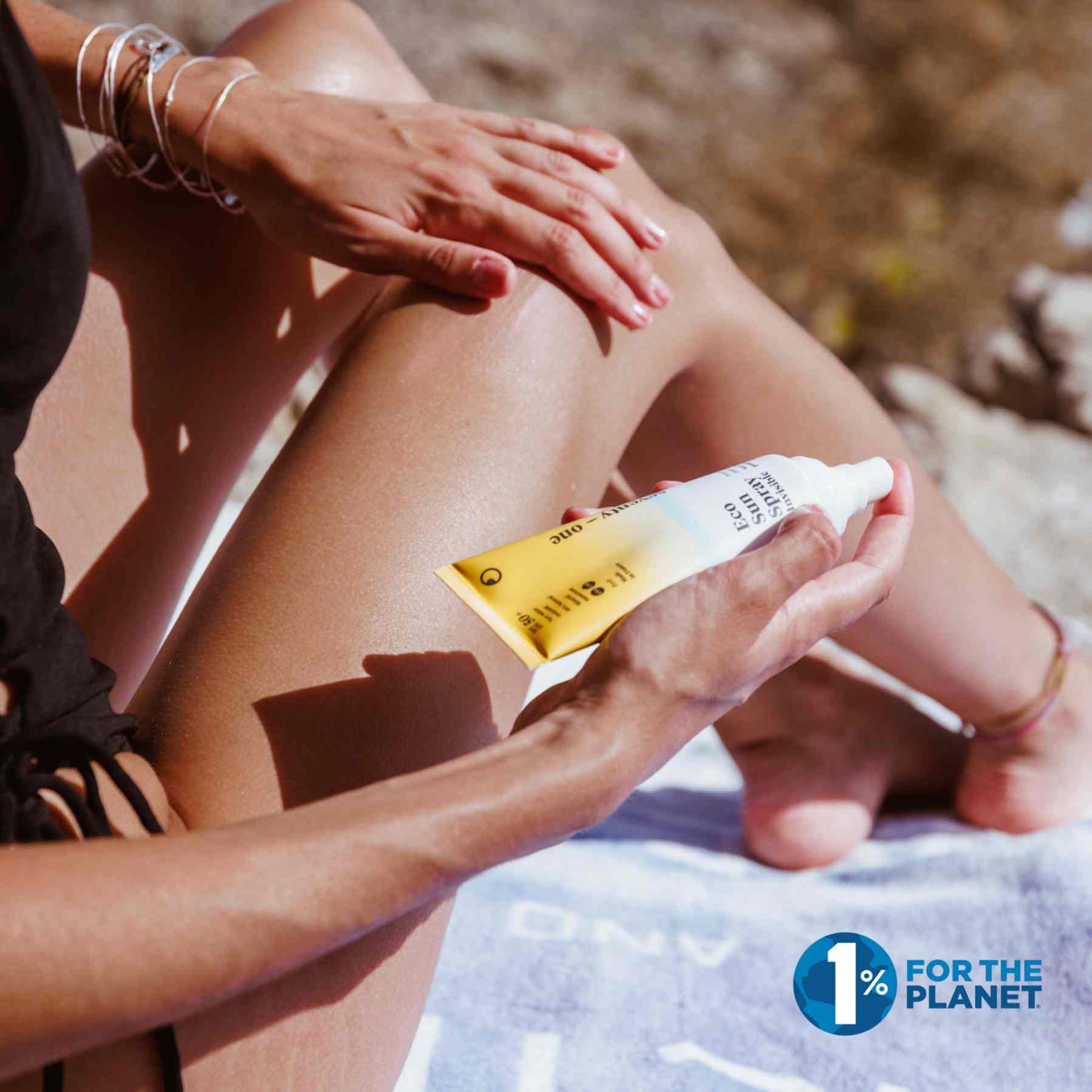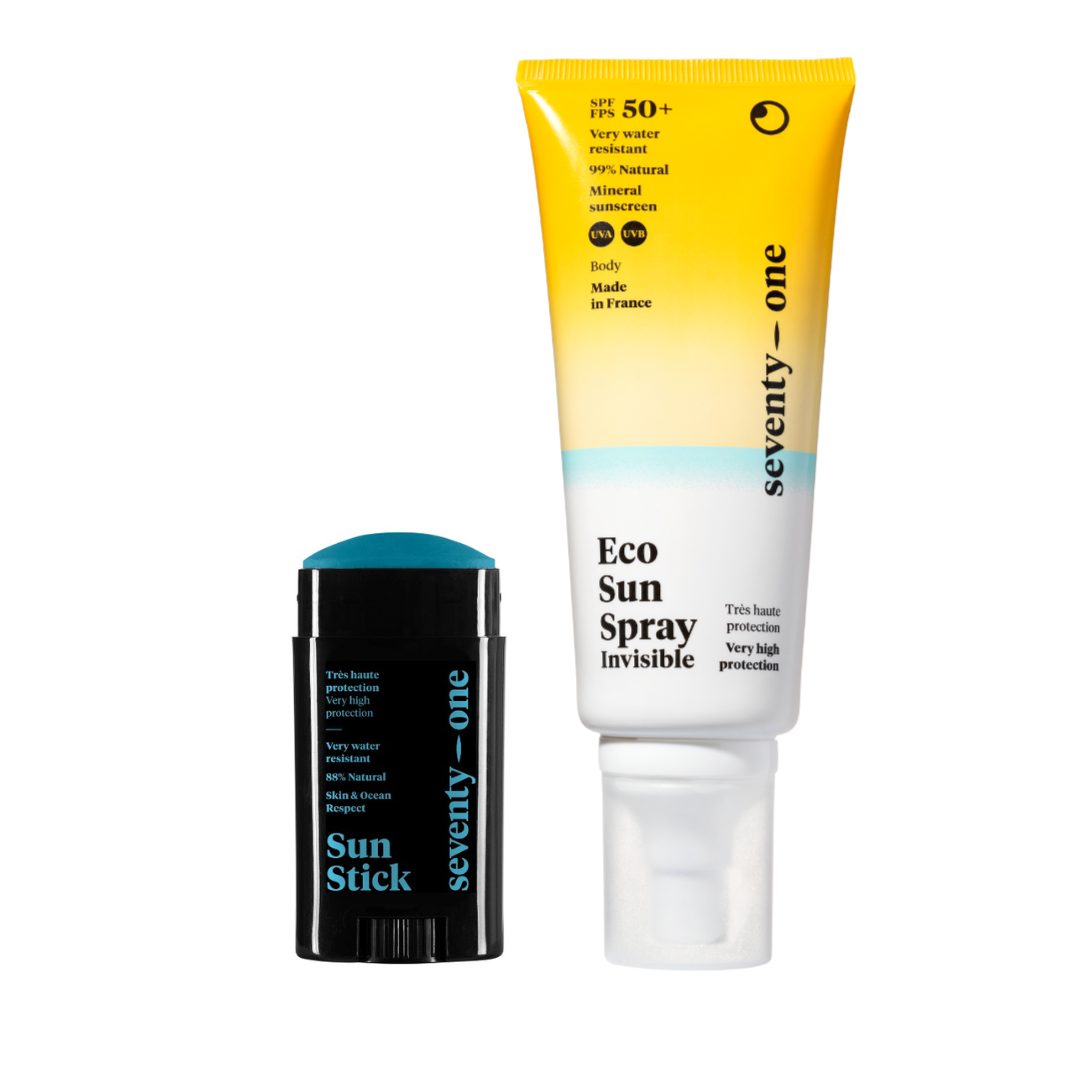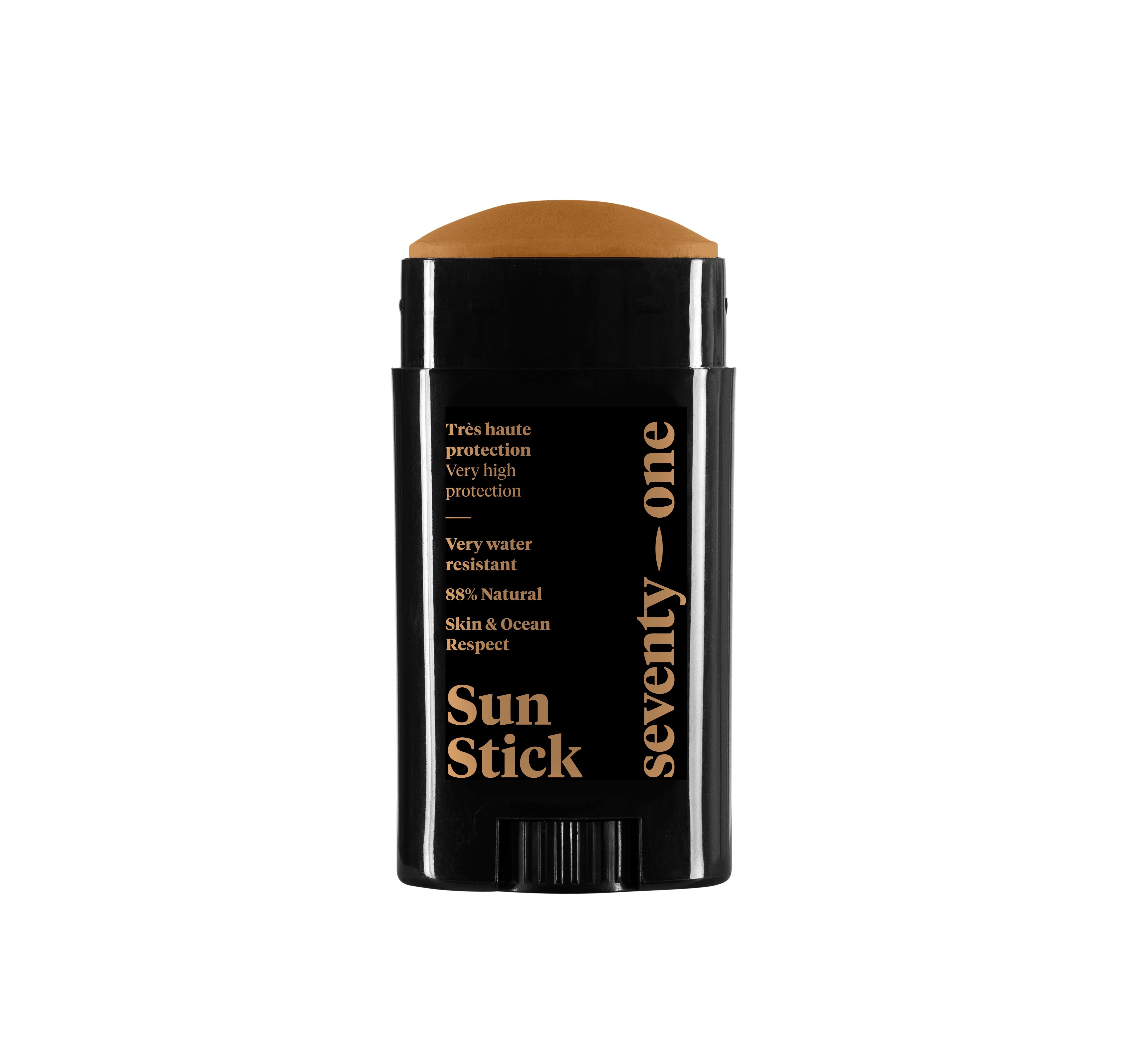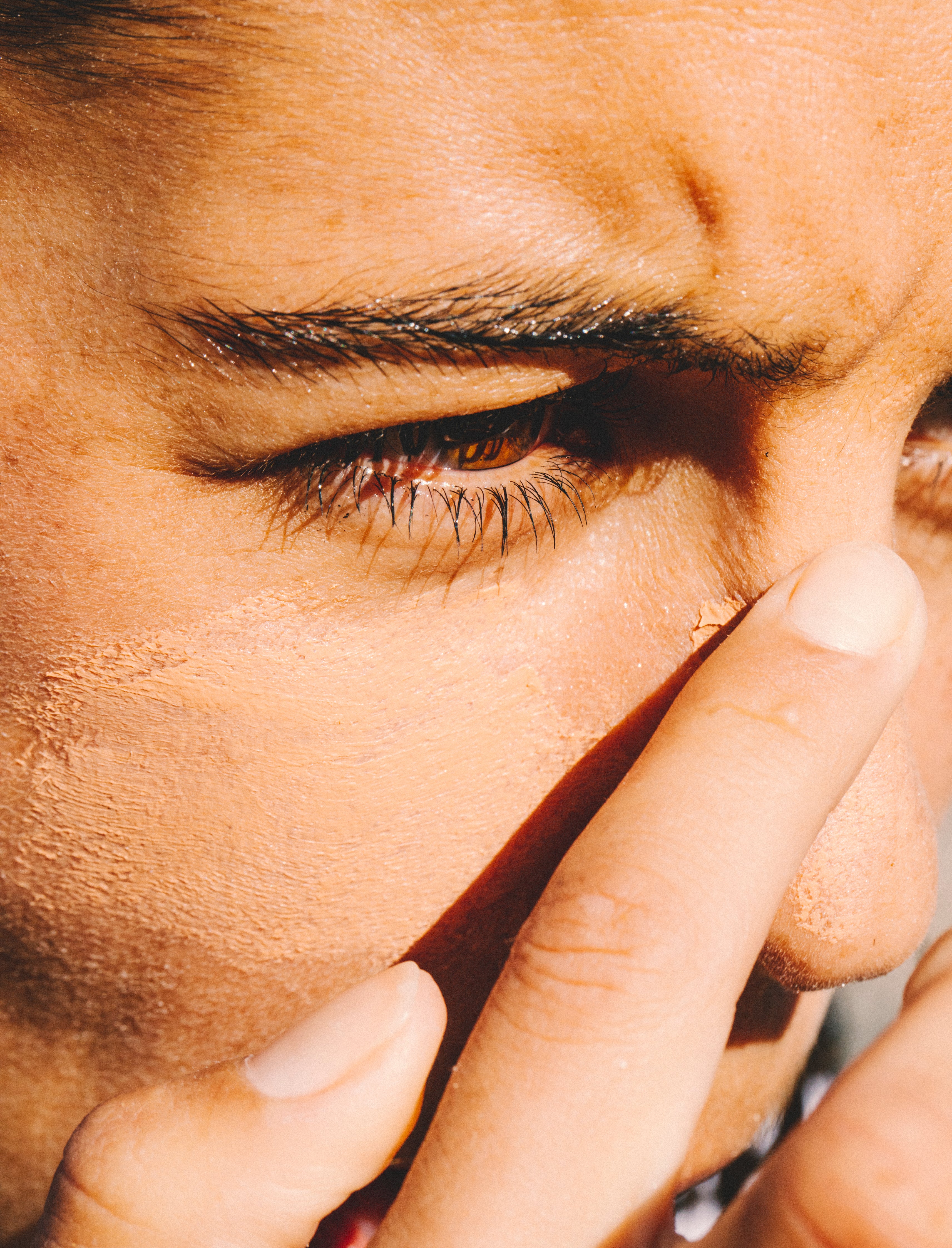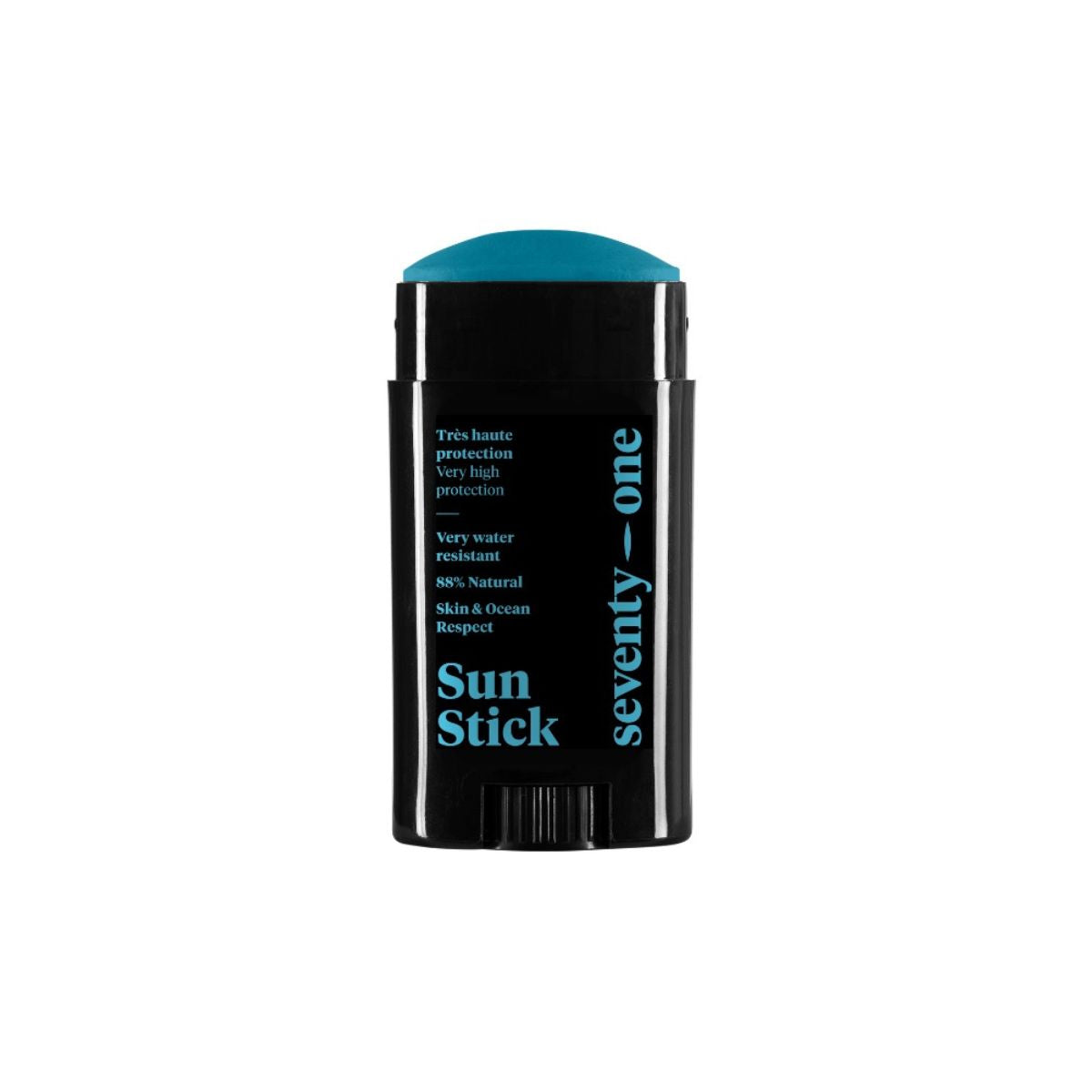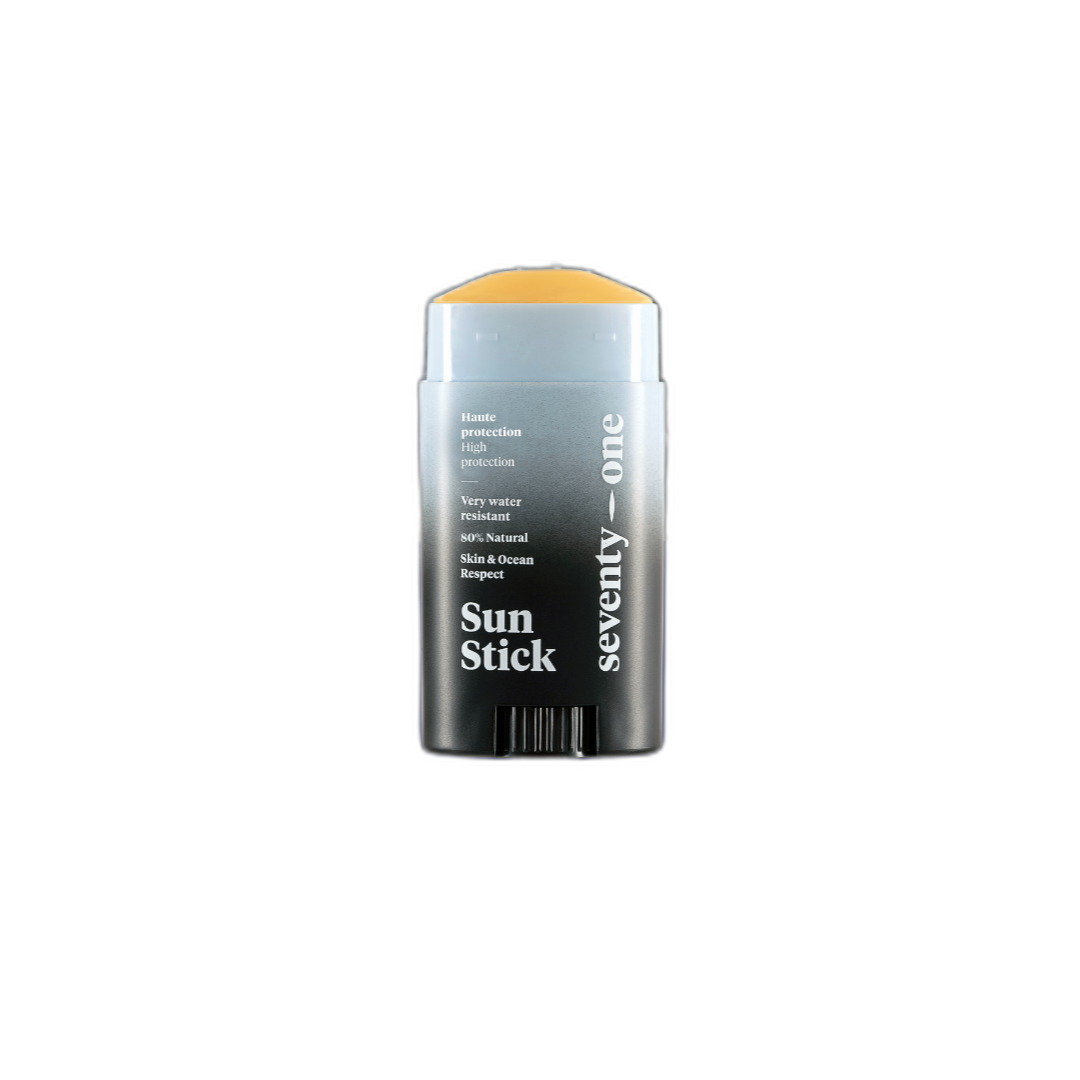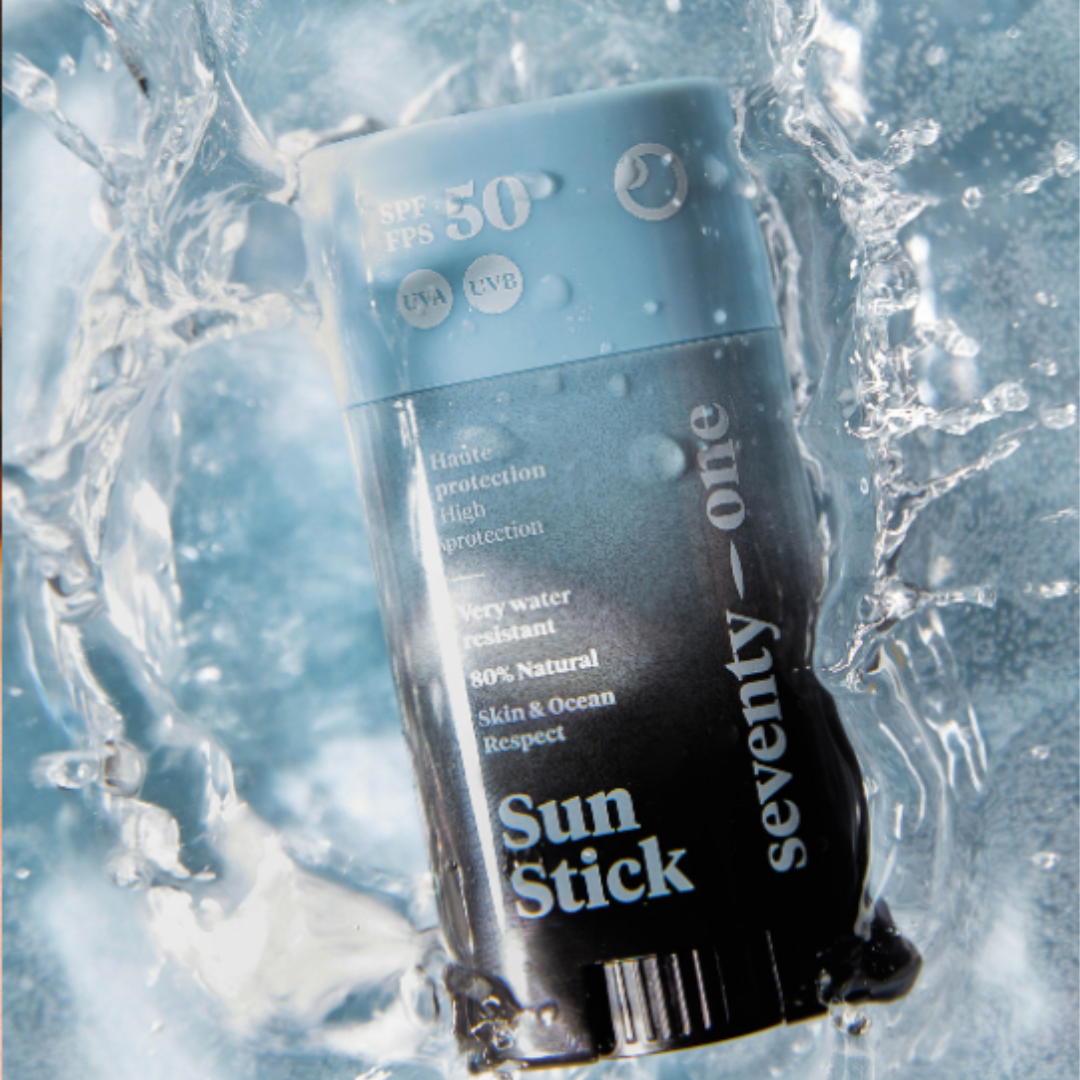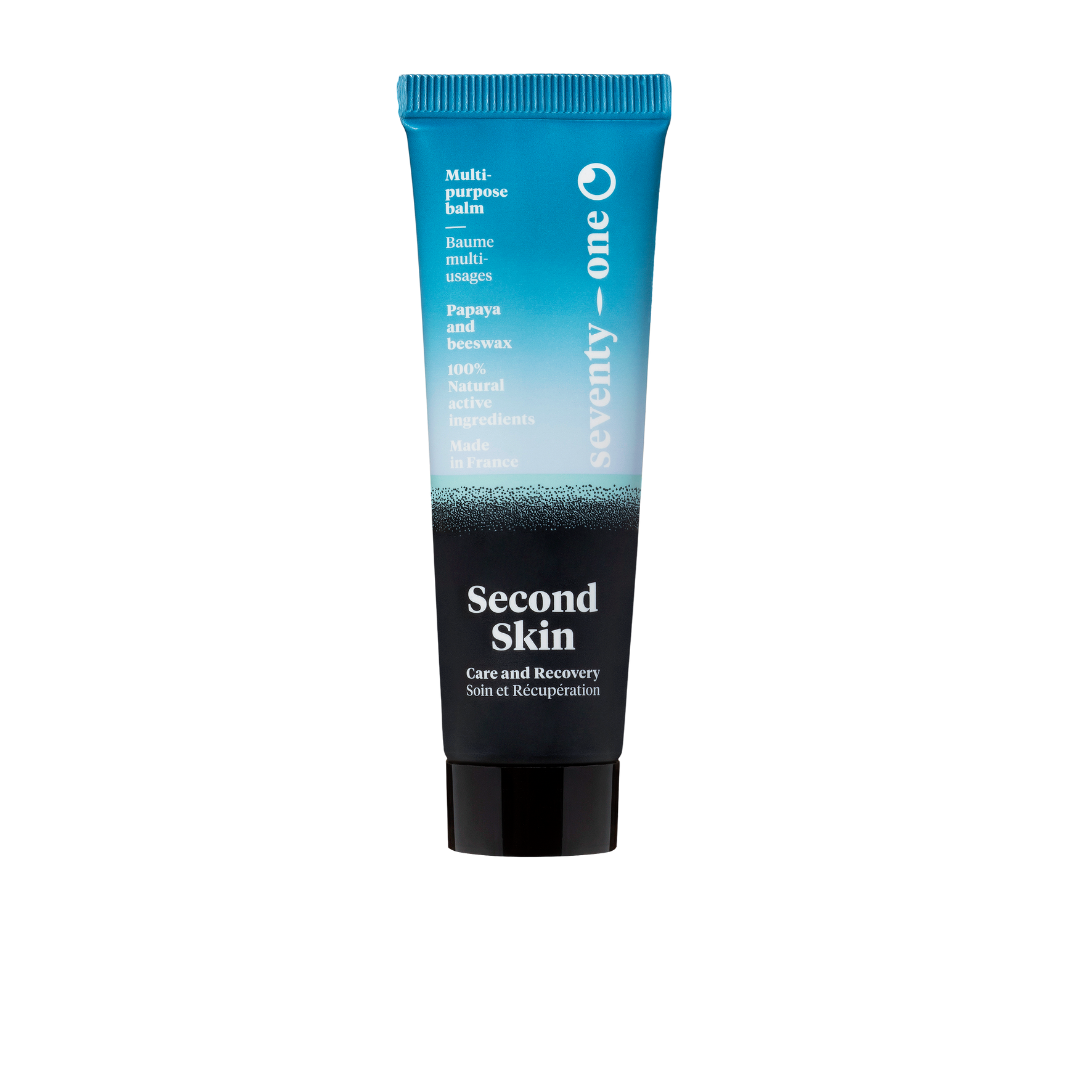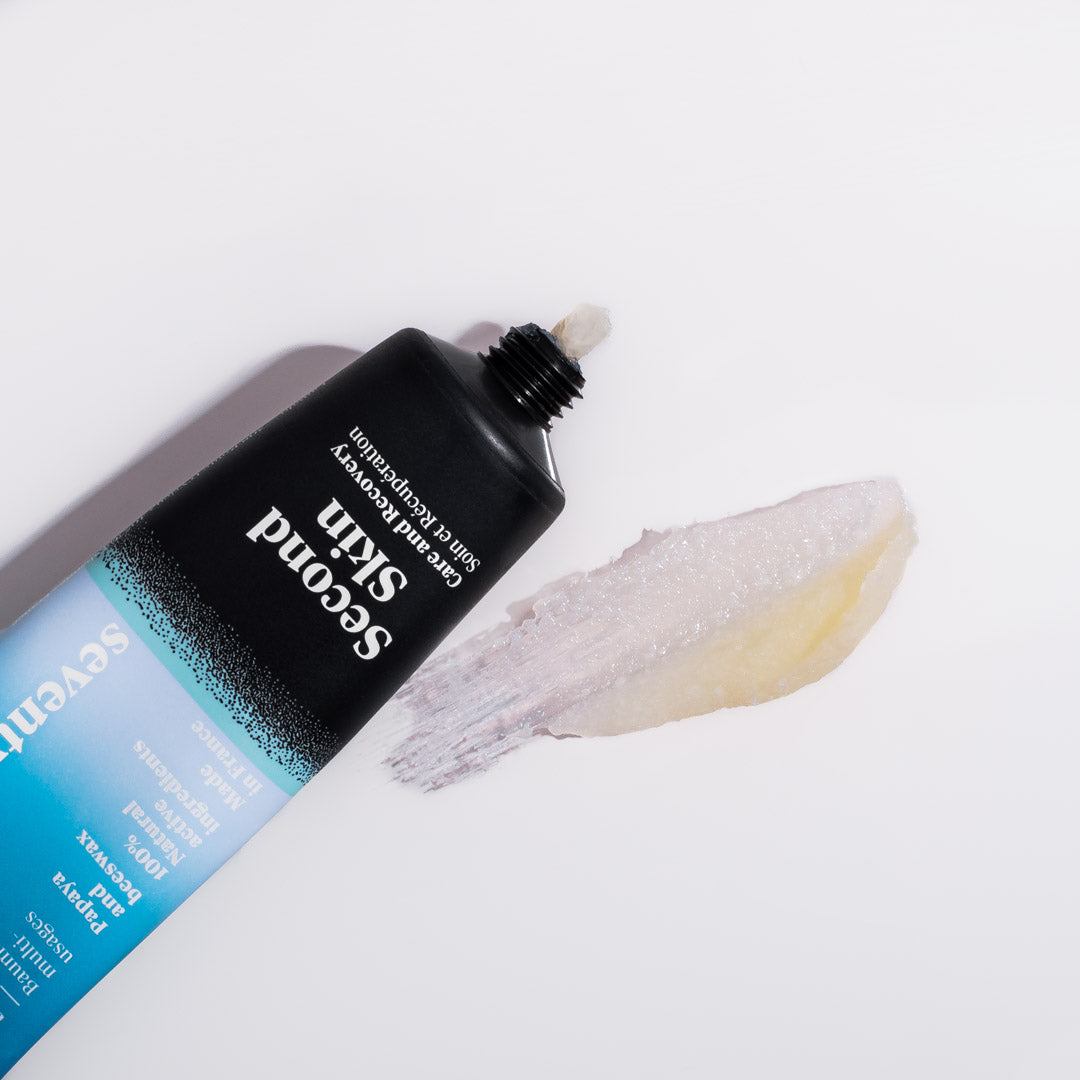
SPF 15, 30 or 50? How to Choose the Right Sun Protection for You
Summer season is here, and with it comes the question – which SPF factor should you choose? Is SPF 15 enough? Does SPF 50 protect better? And what about people with darker skin tones? In this article, we’ll clearly and simply explain what SPF numbers mean and how to pick the best protection for your needs.
What Does the SPF Number Mean?
SPF, or Sun Protection Factor, indicates how much longer you can stay in the sun without burning, compared to unprotected skin.
Example:
If your skin normally starts to burn after 10 minutes, then:
-
SPF 15 allows you to stay ~150 minutes in the sun
-
SPF 30 allows ~300 minutes
-
SPF 50 allows ~500 minutes
However – these are theoretical values, because sweating, swimming, rubbing, and how much sunscreen you apply affect real protection.
SPF 15 vs 30 vs 50 – What’s the Difference in UVB Protection?
| SPF | UVB Protection Percentage |
|---|---|
| SPF 15 | Blocks about 93% UVB rays |
| SPF 30 | Blocks about 97% UVB rays |
| SPF 50 | Blocks about 98% UVB rays |
Though the difference between SPF 30 and 50 seems small, for sensitive skin, pigmentation issues, or after skin treatments, that 1% matters.
Who Should Use Which SPF Level?
✅ SPF 15
Suitable for everyday city wear, especially if you spend little time in strong sun or during less intense seasons (spring, autumn).
✅ SPF 30
A great balance for daily use and outdoor activities. Suitable for medium-sensitive skin, including children.
✅ SPF 50
Recommended for:
-
Very fair or sensitive skin
-
Sunbathing, swimming, or traveling to sunny destinations
-
People with hyperpigmentation, scars, or after skin procedures
How Often Should You Reapply Sunscreen?
No matter the SPF, the key is to reapply regularly:
-
Every 2 hours
-
After swimming, sweating, or towel drying
-
Even if using water-resistant sunscreen
And – apply enough product! Many people use too little, reducing protection significantly.
Extra Tips for Choosing SPF
-
For the face, choose a specialized sunscreen – lighter texture and often added skincare benefits (anti-pigmentation, antioxidants, etc.)
-
Look for broad-spectrum protection – shields against both UVB and UVA rays
-
For sensitive skin, pick mineral sunscreens with zinc oxide or titanium dioxide
-
Remember, tinted SPF can offer extra protection against visible light that causes pigmentation
SPF Is Not Just a Summer Thing
UV rays affect your skin year-round – even on cloudy or winter days. Therefore, SPF should be part of your daily routine, especially for your face, neck, and hands.
Remember: the best SPF is the one you use consistently. It’s not always about the highest number, but about regular and correct application.



